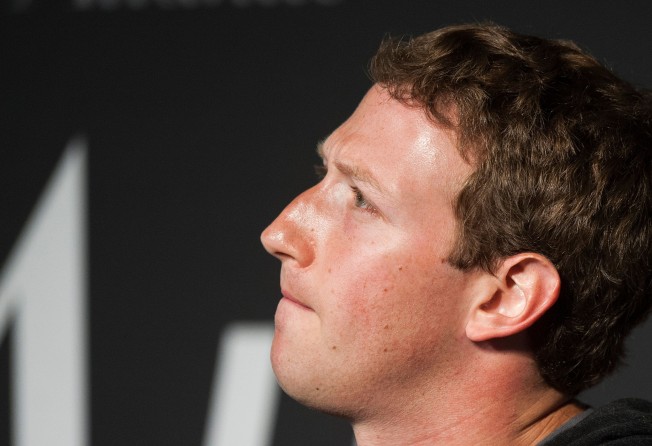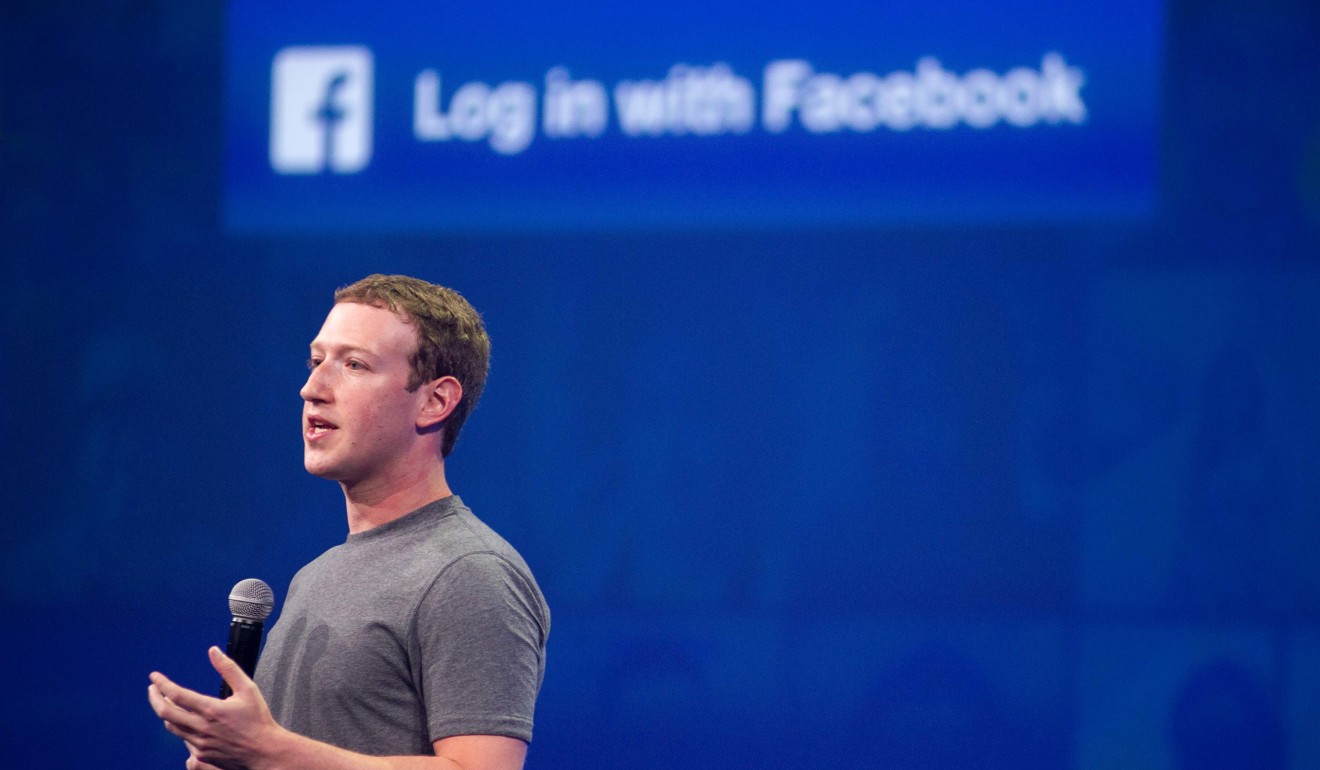Mark Zuckerberg finally emerges to promise Facebook improvements after Cambridge Analytica debacle
Zuckerberg laid out a series of plans to improve Facebook’s data sharing with its partners - as a former employee testified to the UK parliament that his security concerns were ignored

Facebook CEO Mark Zuckerberg has finally spoken on the crisis over Cambridge Analytica’s use of user data, days after losing almost US$5 billion as stocks in the company plunged.
Zuckerberg outlined three steps that the social networking site will take to protect user data - although it may do little to mollify those appalled by the recent revelations.
“We have a responsibility to protect your data, and if we can’t then we don’t deserve to serve you,” Zuckerberg said. “I’ve been working to understand exactly what happened and how to make sure this doesn’t happen again.”
The first step, Zuckerberg said, will be to investigate all large apps that were allowed to get data not just on their own users, but on those users’ friends, before Facebook changed its policies in 2014, and ban any developers that don’t agree to an audit.
The company will then tell affected users if they find problems.
Facebook will also remove developer access to data if someone hasn’t used that app in three months, and reduce the type of information the app gets when users sign in.
And it will work to make sure people understand who has access to their data, showing everyone a tool at the top of the News Feed in the next month, and making it easy to revoke permissions, he said.
Zuckerberg laid out the timeline of events leading up to the current predicament, explaining what Facebook knew and when about Cambridge Analytica’s access to the data of 50 million users.
The co-founder also said Facebook still hasn’t independently confirmed reports from news organizations over the weekend that kicked off the controversy.
Zuckerberg said that the most important solution to the problem -- preventing developers from getting access to information on their user’s friends -- was resolved in 2014.
Earlier on Wednesday, a former Facebook employee told British lawmakers that his concerns about lax data-protection policies at the company were ignored by senior executives.

Sandy Parakilas, who worked as a platform operations manager at Facebook from 2011 to 2012 according to his LinkedIn profile, was giving evidence to the UK parliament committee investigating the impact of social media on recent elections via video link Wednesday.
“I made a map of the various data vulnerabilities of the Facebook platform,” he said. “I included lists of bad actors and potential bad actors,” he said, “and said here’s some of the things these people could be doing and here’s what’s at risk.”
“My concerns were that all of the data that left Facebook servers to developers could not be monitored by Facebook,” Parakilas told The Guardian in a story published Tuesday. He said Facebook could have prevented the Cambridge Analytica breach.
When asked by the committee on Wednesday if any of the executives who ignored him were still at the company, Parakilas said they were, but declined to name them in public. He said he would “follow up” with the committee with the names.
“I don’t know that Mark Zuckerberg would have been aware of specifically what I’d said,” he added.

Parakilas told the parliamentary committee Wednesday that he believed the security team at Facebook to be “very, very good”.
But the concern was, he said, “that they’d allowed people to get all this data on people who hadn’t really authorized it, and it was personally identifiable data.”
In response to Zuckerberg’s remarks, Daniel Ives, the head of technology research at GBH, wrote in a note to investors: “We are glad to hear Zuckerberg finally address this issue sooner rather than later as this uncertainty has been a major overhang on Facebook shares.
“While this Cambridge situation will remain a dark cloud over the Facebook name in the near term, breaking his silence and the actions outlined in his blog post should help users, advertisers, and investors feel more comfortable that Facebook and Zuckerberg are starting to get their arms around this issue.”
Chief Operating Officer Sheryl Sandberg also weighed in on the social network’s handling of the Cambridge Analytica revelations, arguably striking a more penitent tone than Zuckerberg.
“I deeply regret that we didn’t do enough to deal with it,” Sandberg wrote. She reiterated steps outlined by Zuckerberg and referred readers to his post.